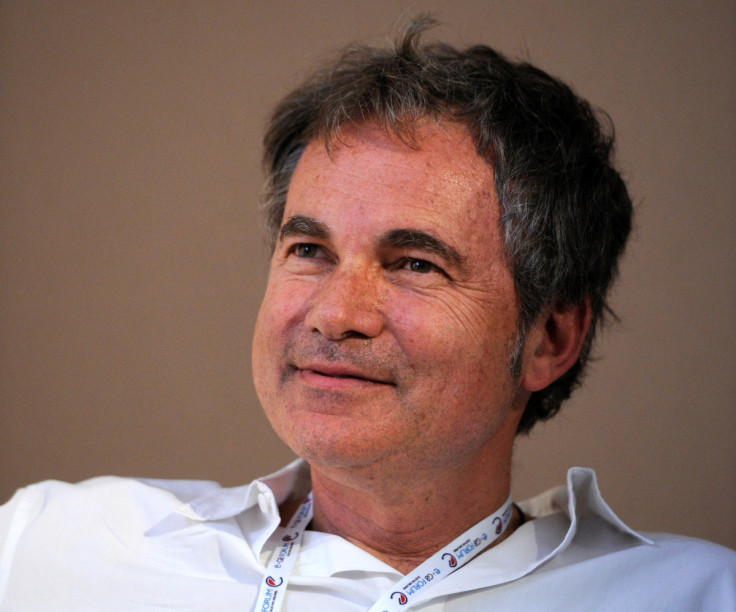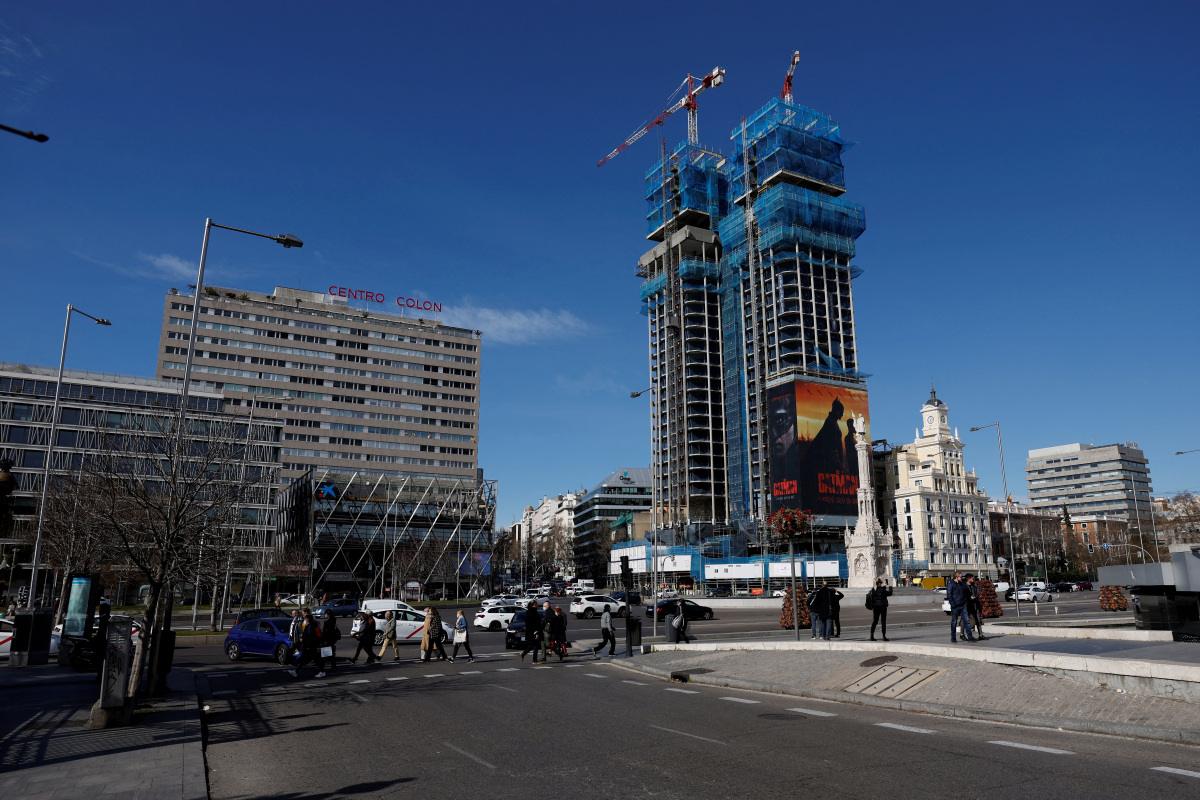Reuters
For serial entrepreneur Martin Varsavsky, the outcome of elections in Spain this year will determine whether he stays in Madrid.
The Argentine-born founder of five “unicorns” – start-ups worth more than $1 billion – is one of 27,000 millionaires or billionaires living in Spain who were blindsided by a “solidarity” tax on the wealth of the rich introduced in the final days of 2022.
The debate over whether the richest 1% should pay more to government coffers to help society cope with the cost-of-living crisis or if the levy will drive away entrepreneurs and investment is dominating regional elections this month in Madrid, home to about half of the individuals liable to pay it.
The outcome of a national vote later in the year – which will either oust the ruling Socialists or return them to power – will more likely determine whether this temporary tax of as much as 3.5% on fortunes greater than 3.7 million euros ($4.1 million) will be made permanent after 2024.
“It’s something we’ve discussed in the family and it depends on whether the tax is made permanent,” Varsavsky said of whether he would stay in Madrid or move to Germany or Italy to avoid paying an additional 2.75% on his capital each year.
“This measure has already had an effect. Friends of mine who were thinking of coming to live in Spain are no longer coming.”
Spain already had a wealth tax which gave regional governments the power to apply exemptions. Madrid, which in recent years has vied with Miami to attract Latin American fortunes, has offered its residents a 100% discount since 2008.
However, the latest tax, introduced by the national government on Dec. 27 and which took effect this year, does not allow for regional exceptions.
Varsavsky, who is best known for founding and selling the Spanish telecoms company Jazztel to Orange and now runs Inception Prelude Fertility, one of the largest fertility services providers in the United States, is not the only disgruntled taxpayer.
Madrid’s wealthy have been talking to advisors since January about options to avoid paying the wealth tax in future, nine sources ranging from lawyers and tax advisors to private bankers told Reuters.
They have an ally in Madrid’s President Isabel Ayuso, from the conservative People’s Party (PP). She is challenging the wealth tax in court while also pledging to cut local income taxes by 0.5% if she wins reelection.
“I would like to convey my commitment and conviction that in the region we will soon achieve the goal of not having this wealth tax,” Ayuso, who currently leads polls, said at an event in Madrid on May 11.
The PP’s national leader and candidate for prime minister, Alberto Nunez Feijoo, has backed Ayuso’s concerns about the tax, saying it will drive investors to move to Portugal.
Ayuso’s main electoral rival, Socialist candidate Juan Lobato, wants to make the wealth tax permanent as part of a wider reform that will reduce taxes for middle class families.
LEGAL CHALLENGES
Some 60 families with businesses in Madrid have joined forces to challenge the law. They argue it is confiscatory and violates the regional government’s autonomy, according to a lawyer’s draft for the appeal seen by Reuters. Madrid Finance Minister Javier Fernandez-Lasquetty said he expects thousands more to file lawsuits.
Spain’s Budget Ministry said it had complied with all legal requirements.
Family offices and investment funds in Latin America are rethinking plans to open branches in Madrid, three wealth advisory sources and Fernandez-Lasquetty said.
Spain is the only country in the European Union that applies a tax on global fortunes. Around a dozen large economies had wealth taxes of some description in the 1990s, but most were repealed on capital flight concerns or because revenues were not as high as hoped due to loopholes.
Switzerland and Norway still have modest taxes on the difference between an individual’s assets and liabilities. Belgium in 2021 introduced a small charge on investment accounts of more than 1 million euros. France dropped its wealth tax in 2017 but kept a levy on property worth more than 1.3 million euros.
No other European country is proposing a similar levy, although elsewhere Argentina will bring one into effect this year and Venezuela is also considering one.
Spain expects to collect 1.5 billion euros from the tax. Madrid’s government counters that the city will lose 1.2 billion euros in foreign investment this year. Tax adviser Javier Martin said Madrid’s top earners already pay 52% tax on annual income.
Varsavsky, 62, says the levy is a tax on his savings. He is considering retiring in the next decade, but maybe not in Spain.
“To stay in a country that takes 2.75% of your savings each year would be economic suicide,” he said.
($1 = 0.9084 euros)

Reuters






